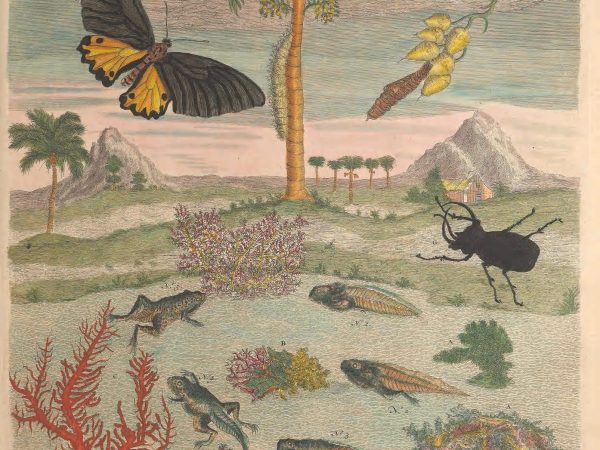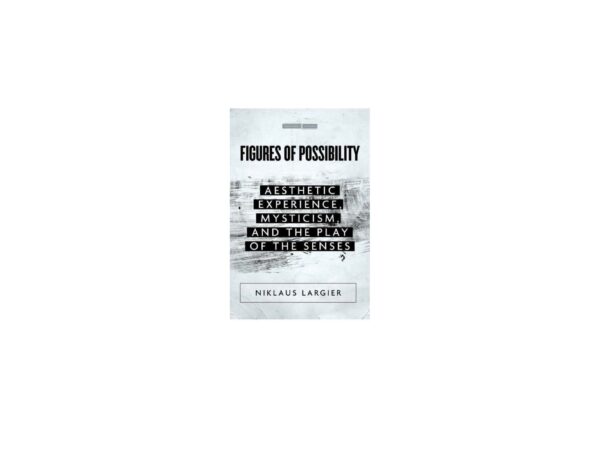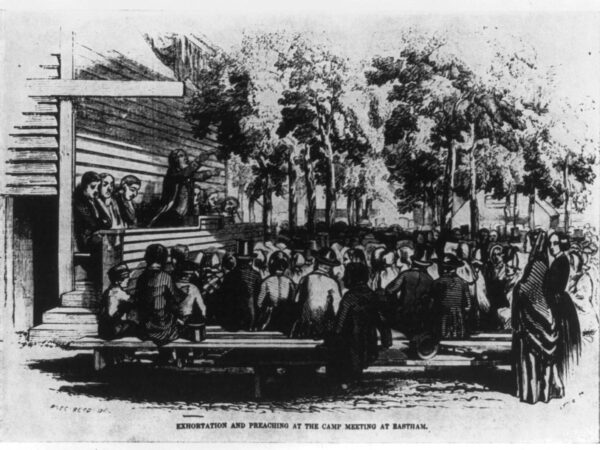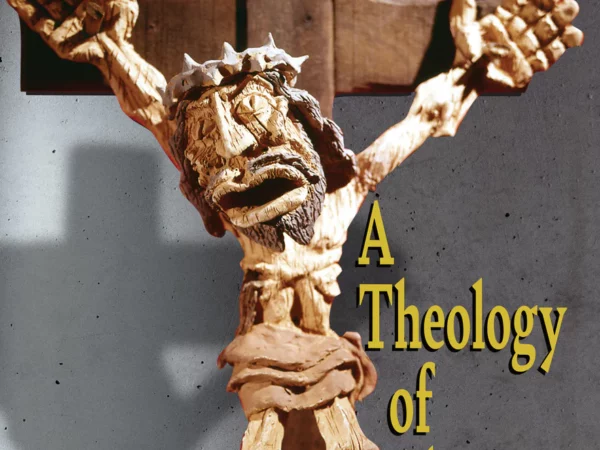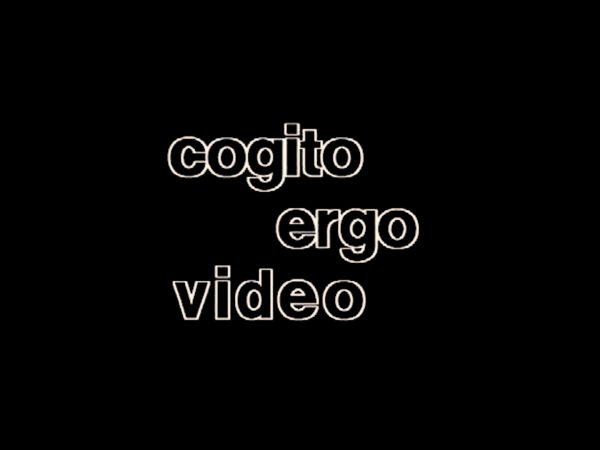
While in recent years there has certainly been a shift towards more thoughtful and creative presentations of academic ideas within the various contexts of academic life, academics, mostly still exclusively trained in text-centered methods and deliveries, are still grappling with a contemporary culture dominated by images and digital technology that has profoundly disrupted the standard traditions of academic expression.

Tuning in to active nonviolence as a center of gravity in Jesus’ way, we can sense nonviolence as integral to the mission of the Catholic Church. This enables us to have a broader imagination of nonviolent praxis, a sturdier identity as interconnected beings, and an engrained commitment to better persist in active nonviolence even during difficult circumstances.

Are you tired of your old body politic? Is it missing that special something? Try new Ubik Political Theology! Just spray Ubik Political Theology illiberally onto the affected parts and your political body will be instantly revitalized by the transcendental glow of Christian theology. Use in exceptional circumstances only. No terms and conditions apply. Warning: may contain nuts.

This symposium brings together three thinkers on the ideas of nature, animals, God, and the relationship between all of them.

The Politics of Atheism Symposium sheds light on atheism’s emancipatory force. With a commitment to immanence, atheism can provide a counterweight to the pervasive appeals to God or other transcendent ideas used to legitimate systems of domination.


